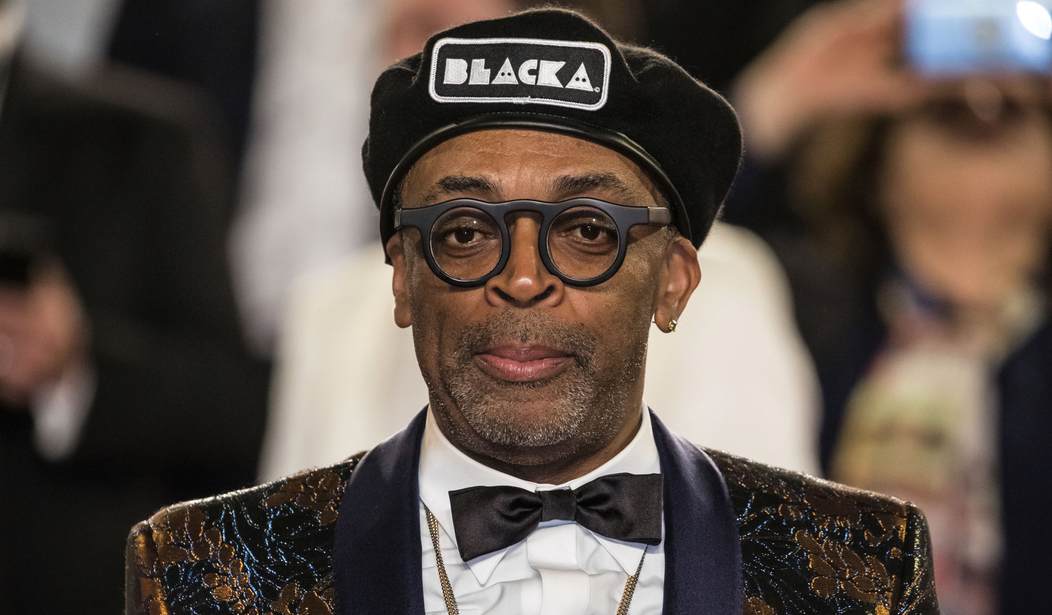We don't live in an age of heroes. Hateful animosities, vicious polarities and unrelieved political partisanship are highlighted in both social and mainstream media. The passing of John McCain's unflappable integrity during his last ordeal united us for the moment in a chorus of praise and gratitude. He suffered for his country the torture of the damned in a prison where hell was in season, and it did not make him bitter. He fought the good fight in a thankless war and came home to be his own man, which earned him a seat in the U.S. Senate and a run for the presidency.
But he was never fully emblematic of the political scene. His quirky independence earned him the title of maverick (his mother, who survives at 106, called him "a scamp"), and he occasionally felt the heat of anger of both Republicans and Democrats.
His eulogies are important and deserved, but there's no mythmaker today to weave his story into the woof and warp of contemporary contrariness. These threads of the contentious times are still untied. When everyone's thumbs are tweeting capsules of overheated opinion and rants of spontaneous rage, it's almost impossible to find insights that actually illumine very much. No one has appeared to write the literate narrative with style and verve.
Fifty years ago, Norman Mailer combined a reporter's eye with a novelist's flair and offered an evocative look at turmoil as raucously angry as the current politics of protest. His prose was ferociously witty and colorful, if not always as profound as he thought it was, but he discovered occasional depth in the shallows.
"The Armies of the Night" put a light on the antiwar movement circa 1967, and "Miami and the Siege of Chicago" lent a focus on the riotous presidential election campaign of 1968, accurate reflections of the cultural and political upheaval. He dissected the human comedy with a sense of humor, if not delight, done with a twinkle in his eye. He described himself as a left-wing conservative.
Recommended
As participant and witness, Mailer had an eye for the absurdities that passionate anger begets, and you gave him credit for the way he expressed even opinions you with which you disagreed. He catalogued conventions and marches as our Sancho Panza, trying to make sense of a society chasing windmills. He posted the telling details, laughing and mocking others and always himself.
Norman Mailer is out of fashion today, and his pugilistic, poetic prose wouldn't fit into the Twitter sensibility that reduces everything to a low and simple-minded common denominator, anyway. Today requires a different lens to extract coherence from fractured images in cracked mirrors, distorted fragments bursting in air with energy and spectacle, but rarely anything seen as whole.
Spike Lee, the black moviemaker, tried to bring a Maileresque eye to his latest movie, "BlacKkKlansman," an energetic montage of fact and fiction based on an actual account of an unlikely story. He attempts to do with images what Mailer did with words, to change the consciousness of what's going on around us.
"BlacKkKlansman" is a fictionalized narrative, based on the story of a black cop (played by John David Washington, Denzel Washington's son) and a Jewish cop (played by Adam Driver) who infiltrated a Ku Klux Klan chapter in Colorado Springs in the 1970s. It has to be seen to be believed. Two cops are perceived sensitively, seriously, sometimes satirically, each making complex points about race relations with a verve Mailer would have appreciated. The director is both observer and provocateur.
Unfortunately, Lee can't resist exploiting the tragedy in Charlottesville, Virginia, including documentary footage of marching white supremacists and a woman killed. He fails to fit the facts to the aesthetic. President Donald Trump's boneheaded response hardly contributes to the movie's power. But the narrative of race relations between the cops and the people they police is robust, riotous and super serious, offering a shred of hope through illumination.
So fair-minded is the director in his depiction of the cops that he invites criticism by certain blacks, who accuse him of taking creative liberties to make the cops look good. Rapper Boots Riley said it was a terrible time to paint a positive image of law enforcement. Lee refuses to engage the criticism, saying he won't deal with cops or blacks as monolithic groups.
There's plenty going on in "BlacKkKlansman," between the black-power movement and white supremacists, with a look inside interracial friendships within power structures, and between responsible cops and thoughtful protestors, all reflective of a multicultural society that has changed and continues to change. Maybe Spike Lee is not the artist to succeed Norman Mailer as mythmaker, but he's getting there.

























Join the conversation as a VIP Member